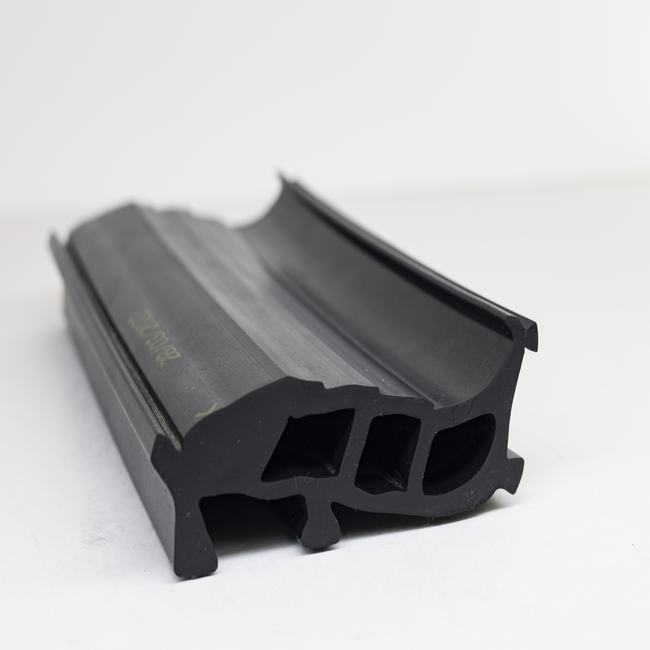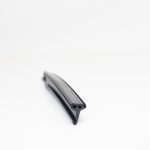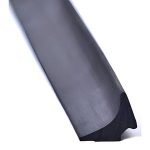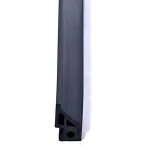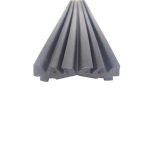Concrete pipe seals, also known as concrete pipe gaskets, are specialized components used in concrete pipe systems to provide a watertight and secure seal at the joints of the pipes. These seals are essential to prevent leaks, maintain the integrity of the pipeline, and ensure the efficient transport of fluids in various applications. Here’s more information about concrete pipe seals:
1. Function:
- Concrete pipe seals are primarily designed to create a tight and durable seal at the joints of concrete pipes. This seal prevents the leakage of fluids, such as water or sewage, and ensures that the pipeline operates efficiently.
2. Types:
- Rubber Gaskets: Rubber is a common material used for concrete pipe gaskets due to its flexibility, resilience, and sealing properties. These gaskets are typically placed in the bell (larger opening) of one concrete pipe section, and when another pipe section with a spigot (smaller end) is inserted, the gasket forms a watertight seal between the two sections.
3. Key Features:
- Watertight Seal: Concrete pipe seals are engineered to provide a reliable watertight seal, preventing leakage of fluids and ingress of groundwater or contaminants.
- Durability: They are designed to withstand the rigors of underground or above-ground installations, including exposure to soil, chemicals, and varying temperatures.
- Chemical Resistance: Concrete pipe gaskets are often resistant to chemicals typically found in sewage and wastewater systems, ensuring long-lasting performance.
- Compression and Resilience: These gaskets have the ability to compress under pressure, accommodating joint movement, ground shifts, and vibrations while maintaining a tight seal.
4. Installation:
- Concrete pipe seals are installed by placing the gasket within the bell of one pipe section, and then the adjoining spigot end of another pipe section is inserted into the bell, compressing the gasket to create a seal.
5. Maintenance:
- Routine inspections may be necessary to ensure that the gaskets remain in good condition and are functioning effectively. Damaged or worn gaskets should be replaced promptly to prevent leaks.
6. Applications:
- Concrete pipe seals are used in various applications, including sewage systems, stormwater drainage, culverts, sanitary sewer systems, and underground utility piping.
7. Compliance and Standards:
- Concrete pipe seals may need to meet industry-specific standards and regulatory requirements to ensure they provide reliable sealing in various applications.
In summary, concrete pipe seals are critical components in concrete pipe systems used for water and wastewater management. They play a vital role in preventing leaks and ensuring the efficient flow of fluids through pipelines. Properly installed and maintained concrete pipe seals are essential for the long-term performance and integrity of these systems.
